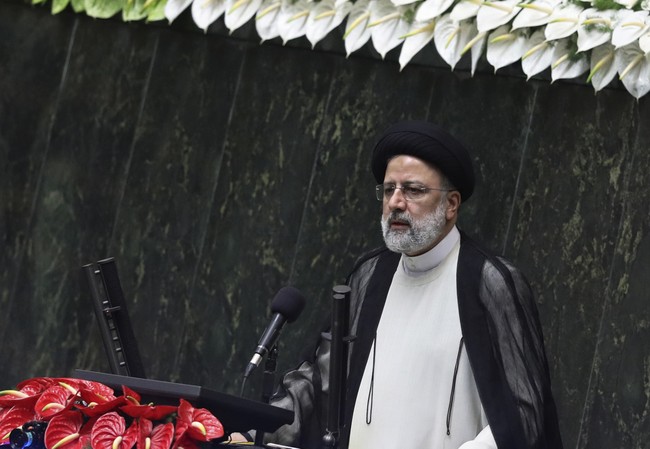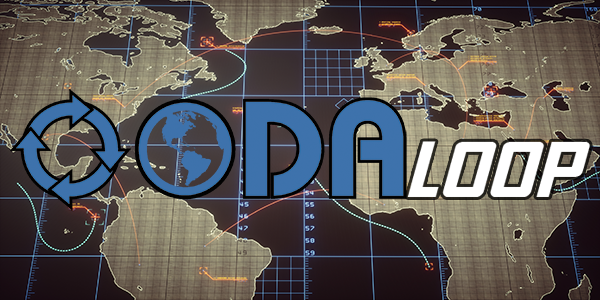DOD Annual Report Details China’s Growing Cyber Capabilities
The report says Beijing is looking to create a “highly informatized force capable of dominating all networks.”
South China Sea, Feb. 11, 2023. Photo credit: DVIDS / Seaman Carson Croom
A recently released report on the People’s Republic of China lays out an array of military and security developments, drawing attention to the increasing pressure campaign against Taiwan and the continued advancement of the country’s cyber capabilities.
The annual unclassified report to Congress details the current and probable future course of the People’s Liberation Army, Chinese military and security strategy and organizations supporting military goals and developments for the next 20 years.
As Beijing is growing its military arsenal, it is also expanding and investing in its cyber capabilities as it moves toward a “highly informatized force capable of dominating all networks and expanding the country’s security and development interests.”
“The PRC has publicly identified cyberspace as a critical domain for national security and declared its intent to expedite the development of its cyber forces,” the report states.
The threat landscape is becoming increasingly complex and widespread, the report reads, as China’s focus is expanding beyond cyber espionage on other governments and private companies. It is diversifying its focus toward the U.S. defense sector, key critical infrastructure sectors and influence operations campaigns.
“The PRC seeks to create disruptive and destructive effects – from denial-of-service attacks to physical disruptions of critical infrastructure – to shape decision-making and disrupt military operations beginning in the initial stages and throughout a conflict. The PRC can launch cyberspace attacks that, at a minimum, can cause localized, temporary disruptions to critical infrastructure within the United States, and the PRC believes these capabilities are even more effective against military superior adversaries that depend on information technologies,” the report reads.
“As a result, the PRC is advancing its cyberspace attack capabilities and has the ability to launch cyberspace attacks – such as disruption of natural gas pipelines for days to…



